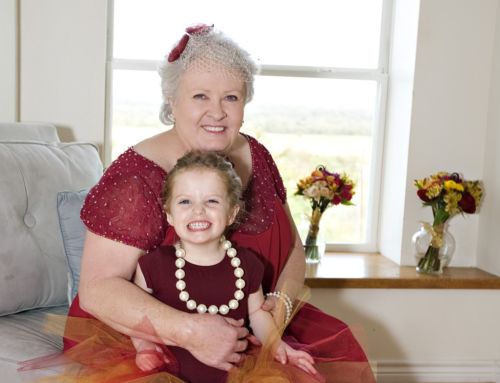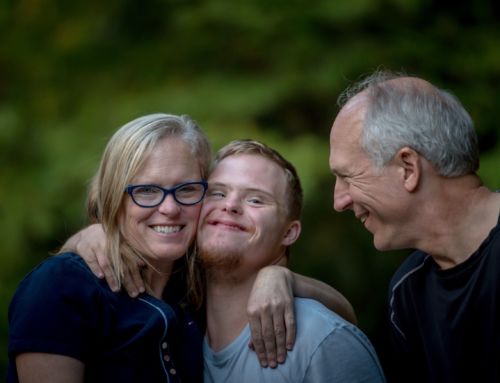Most studies on informal support focus on the kin. Traditional definitions of family referring to genetic and legal relations fail to represent current societies, where self-definition becomes increasingly important, for example in case of childless homosexual couples. It is time to recognize that ties such as friendship, trust, or closeness might affect informal support, regardless of genetic and legal ties.
Our study examines the role of these ties using families with various access to family support. We investigate help from the kin and the unrelated ones using the Survey on Health, Ageing and Retirement in Europe, making a distinction between support of financial and non-financial nature (for example help with household chores or care during illness). We are unable to observe emotional support in the data, thus it is not included in the non-financial kind. We find that the support received by older adults from friends, close and trusted ones indeed differs substantially from the support given by the ones related only with legal or blood ties. In particular, those who are close to older individuals in need for help are more likely to engage in household help and care-giving rather than give only money. This effect is independent from the obligations stemming from family relationship, meaning that family members close and trusted by an older person are more likely to give non-financial support than relatives who are not so close to that person. Moreover, we find that blood relatives differ from other relatives in the extended family. The latter are most likely to give exclusively monetary help to older persons in their extended families, while blood relatives are more likely to spend time on household help or care in case of illness.
These findings lead us to the conclusion that support including help given face-to-face cannot be explained only with blood and legal obligations. In our interpretation, ties of friendship and trust that are more elusive and unsanctioned by law, are associated with strong social norms concerning help towards the older ones, but they are also more flexible than the norms specifying relatively stiff obligations towards family members. Because these ties are rooted in an affection, they are more individualized, personal, and they manifest themselves in more diverse and flexible forms than exclusive financial support.
Taking into account the fact that majority of the childless older adults, and almost half of older parents have at least one unrelated close friend, the informal support from the unrelated ones has a potential to enhance the replacement of institutional formal care with less costly home-based care services. We found that support networks providing care and help were larger and more often comprised of unrelated persons than networks providing money and gifts. This makes the caregiving networks more flexible and easier to adapt to changes than financial support. The financial support network, with genetically-related relatives in its center, overlaps with the non-financial support network, but is smaller. Taking into account our further findings, that exclusive financial support is unlikely to occur in particular from unrelated individuals, a permanent loss of financial support from family members might be difficult to replace.

Figure 1. The odds ratios of receipt of respective type of support depending on being close and trusted (in total and by family type), on genetic relatedness, and on family type.
Source: Authors’ own estimations based on SHARE wave 4, release 6.1.0.
Note: Odds ratios obtained in multinomial logit model, for more details see Nicińska et al. 2020. The ratios greater than one indicate positive impact on the probability of receiving certain support type as compared to non-financial transfers only. Dispersed families are those with a child living more than 100 km away from parent. Local families are those with all children living up to 100 km away from parents. Older adults in local families receiving support from individuals not bonded with internally-defined ties are the reference group. * – p<0.10, ** – p<0.05, *** – p<0.01.
About the authors:

Anna Nicińska, University of Warsaw

Małgorzata Kalbarczyk, University of Warsaw

Agnieszka Fihel, University of Warsaw and Institut Convergences Migrations
The article is based on:
Anna Nicińska, Małgorzata Kalbarczyk & Agnieszka Fihel (2020) Financial and non-financial private transfers from close ones: beyond family and kinship, Journal of Family Studies, DOI: 10.1080/13229400.2020.1750452











Leave A Comment